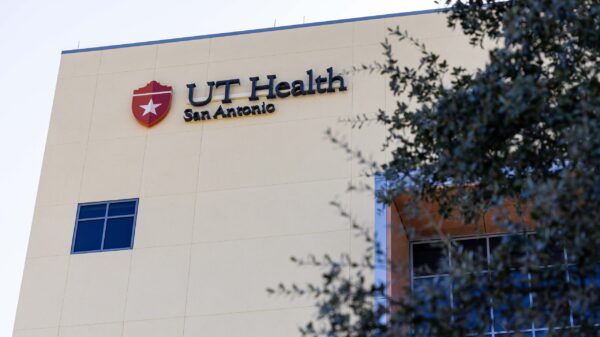Colorectal cancer has emerged as a significant health concern, particularly among younger individuals. Recent statistics from the American Cancer Society indicate that this type of cancer is now the leading cause of cancer-related deaths in men under 50 and the second leading cause for women in the same age group. Research shows a troubling rise in colorectal cancer cases over recent decades, prompting health experts to emphasize the importance of awareness and prevention strategies.
Dr. Babak Firoozi, a gastroenterologist at MemorialCare Orange Coast Medical Center, highlights the alarming trend, stating that many young patients are being diagnosed with this disease. Dr. Amalia Stefanou, a surgeon at Moffitt Cancer Center, notes her practice frequently deals with colorectal cancer cases in younger populations, underlining the urgent need for awareness and preventive measures.
Understanding risk factors and recognizing early symptoms can play a crucial role in prevention. Here are five effective strategies that can help reduce the risk of developing colorectal cancer.
1. Assess Your Family Health History
A significant factor in colorectal cancer risk is genetics. According to the American Cancer Society, nearly one-third of individuals diagnosed with colorectal cancer before age 50 have a familial link to the disease. Dr. Electra Paskett of The Ohio State University College of Medicine stresses the importance of discussing any family history of colorectal cancer or advanced polyps with healthcare providers. Early identification of risk allows for timely screenings, which typically begin at age 45 but can be initiated earlier for those with a family history.
2. Recognize Subtle Symptoms
Symptoms of colorectal cancer can be vague and easily overlooked. Dr. Christopher G. Cann from Fox Chase Cancer Center warns that common symptoms, such as abdominal pain or changes in bowel habits, may be the only indicators of the disease. Additional warning signs include persistent diarrhea, constipation, blood in stool, unintended weight loss, and fatigue. If any digestive symptoms persist or feel unusual, it is essential to consult a healthcare professional without delay.
3. Quit Smoking and Vaping
Smoking is a well-known risk factor for several types of cancer, including colorectal cancer. Quitting can significantly decrease the likelihood of developing the disease. Dr. Firoozi also points out that vaping is not a safe alternative, as certain chemicals in e-cigarettes may also elevate cancer risk. Individuals looking to quit smoking or vaping should seek resources and support that can assist in their journey.
4. Embrace a Nutrient-Rich Diet
While the relationship between diet and colorectal cancer risk requires further study, incorporating a variety of fruits, vegetables, and whole grains is beneficial for overall health. These foods are rich in fiber and antioxidants, which may support gut health. Dr. Stefanou suggests making dietary changes manageable by starting with accessible foods and gradually incorporating healthier options, thereby improving overall wellness.
5. Stay Active
Regular physical activity has been linked to a reduced risk of colorectal cancer. Dr. Anton Bilchik, a surgical oncologist at Saint John’s Cancer Institute, explains that exercise can help mitigate chronic inflammation, a known precursor to various health issues, including cancer. Striving for at least 150 minutes of moderate aerobic activity each week—such as brisk walking—can significantly contribute to better health.
By understanding risk factors and implementing these prevention strategies, individuals can take proactive steps toward reducing their risk of colorectal cancer. Awareness and early intervention are vital in combating the rising trend of this disease among younger populations. Regular consultations with healthcare providers, especially for those with family histories, can further enhance early detection and treatment options.



































































